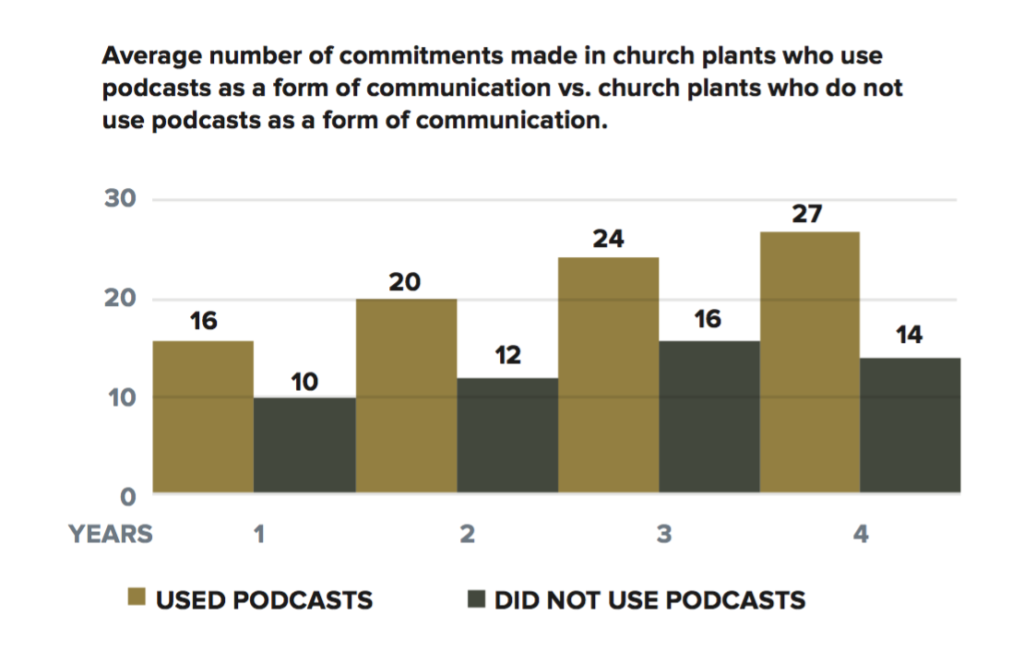“Online news isn’t journalism; it’s copy-and-paste from the newspaper.”
Guess what year that was written? …in the year 2000…🎶🎤🎹
There used to be a day when getting your news online carried this sort of stigma. To the public, it was seen as sub-par, less than adequate, mediocre, and untrustworthy. To journalists and news organizations, it was an after-thought.
All of this began to shift in 1998 when the Bill Clinton and Monica Lewinsky scandal first broke on The Drudge Report (an Internet news aggregation site) before any newspaper was able to publish it.
Now fast forward 19 years to March 26, 2017, and at 8:36 am, the same thing happened when two young girls weren’t allowed on a United Airlines flight because they were wearing leggings. Yes you heard me…leggings. It’s not like they had burned their bras or were wearing mini-skirts, short-shorts, or anything revealing by any means.
Well, as you’d expect, within minutes a Twitter storm erupted. By the time United “officially” responded and explained why those girls weren’t allowed to board, the damage had already been done. And when this story hit print the next day, it was considered old hat.
In a day and age when seconds matter in the world of information and breaking news, how do newspapers still exist?
How are they even still profitable? Aside from shrinking margins, high fixed costs, and declining advertising revenue, how are they even still relevant?
The front page of a newspaper was the viral Instagram and the trending Tweet of ol’—it was the breaking news and the historic story. That’s where we got the phrase, “Read all about it! Get your paper, and read all about it!”
It’s what many looked forward to in the morning. It was regular reading over breakfast, during the commute to work, and over the water cooler. However, today, it’s nothing but a reminder of what already happened. It’s something we already knew about within minutes, if not seconds of the actual event.
Are live sermons still relevant?
Is it possible that the traditional live sermon could go the way of the newspaper?
There used to be a day when the only way you could hear a sermon was by going to a local church. Sunday morning, Sunday evening, and Wednesday nights were the typical selection. If you were a part of a Korean church that held early morning prayer, then you could get your prepared biblical exposition every morning before work.
But what about today? Well, as churches continue to cut traditional programming (often starting with their Sunday evening service) and put their sermons online, do you think a day is coming when the Sunday morning live sermon could face the same fate as the newspaper?










